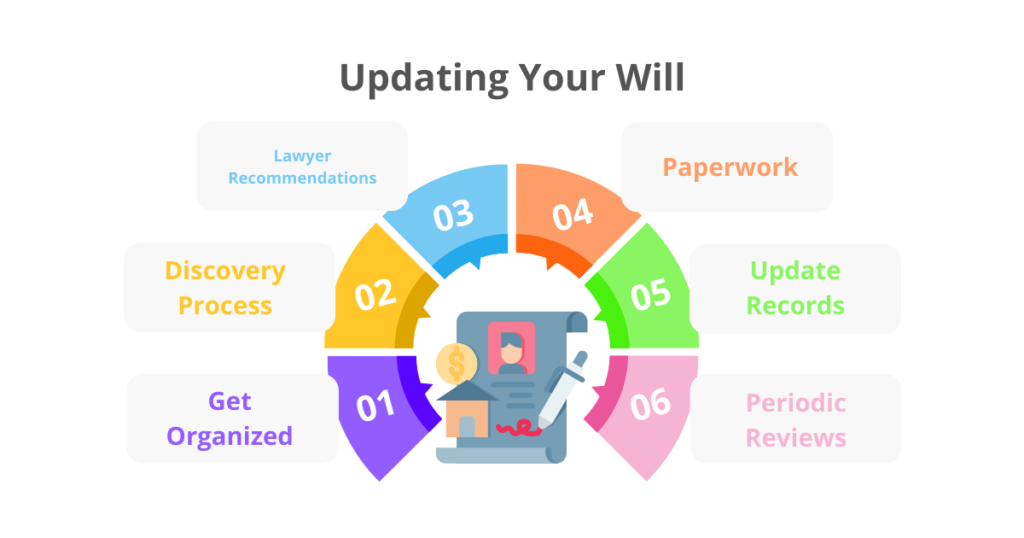Everyone should have an up to date will & estate plan. If your estate is simple, its easy to write a basic holograph will or consult with a neighbourhood lawyer. But when you’re wealthy its important to ensure your estate plan considers a complex set of tax rules and supports generational wealth transfer. This post will describe basic best practice when it comes to High Net Worth families and their estate plans.

Get Organized
The first thing to do before consulting a lawyer is to get your own financial documents in order. This means having a list of all your assets and liabilities, the details of those accounts, and the records for all the properties, corporations, and trusts you own and control.
One of the main tasks of your family office is to keep your financial and personal records in good standing. Your family office should support a system of record keeping and documentation that makes disclosing information to professional advisors easy.
Keeping your personal and financial records current will also help you make better decisions beyond your estate plan.
Talk to a Lawyer
Feel free to have an introductory call with lawyers you are considering working with to judge which one is the best fit.
Discovery Process
When it comes to more complex estates, most lawyers will begin with a “discovery process” so they can understand your situation and goals before making recommendations. This discovery process might involve an introductory call and an intake questionnaire.
A lawyer’s time is expensive and best spent doing legal work instead of gathering information from you. This is another reason to get organized before engaging a lawyer about your estate plan. Time spent preparing to speak to a lawyer is cheaper than the time spent with a lawyer.
Receive Recommendations
After your lawyer understands your situation and goals, they will provide you with recommendations. With complex tax and estate planning, there are sometimes easy answers, but more often your lawyer will present you with a few options along with the pros and cons to consider. You’ll frequently be advised to consult with your accountant to receive other tax advice.
Avoid long conversations going “back and forth” with your lawyer as their time is expensive. Lean on your family office advisor as a sounding board when you’re considering which course of action to take. Your family office can provide you with a personal perspective based on your lawyer’s advice.
Undertake the Work
Once you’ve told your lawyer what you want, they will do the actual legal work such as drafting your will and creating any other structures like trusts, etc. If you’ve done your homework properly and considered your choices carefully, then the actual legal work shouldn’t be too much trouble. The danger comes when you can’t make decisions yourself or if your goals and intentions are not clear. Once again, avoid frequent “back and forth” revisions at this stage.
Update Your Records
After the legal documents have been drafted and signings have been done, you’ll need to store your will. This can be done at your lawyer’s office or somewhere at home.
Its also important to communicate the contents and location of your will to the people concerned. Make sure you tell your heirs and beneficiaries what your will says. Outline the details related to them in an e-mail so there are more records they can refer to in the future. This is especially true when communicating the details of your living will regarding your personal care and finances if you are still alive but unable to make your own decisions.
Make your intentions clear to everyone who needs to know.
Regular Review
Circumstances change and so you should review your will & estate plans periodically. It makes sense to do a quick annual review of your estate plan with your accountant and investment advisor during their annual review. Oh, and make sure your accountant and investment advisors give you annual reviews!
Update Your Estate Plans
A family office can support your estate plans in several ways including:
- finding a lawyer for you
- being with you as a sounding board during the conversations with your lawyer
- asking certain questions with your lawyer to clarify points
- making the whole process easier on you by having information organized.





